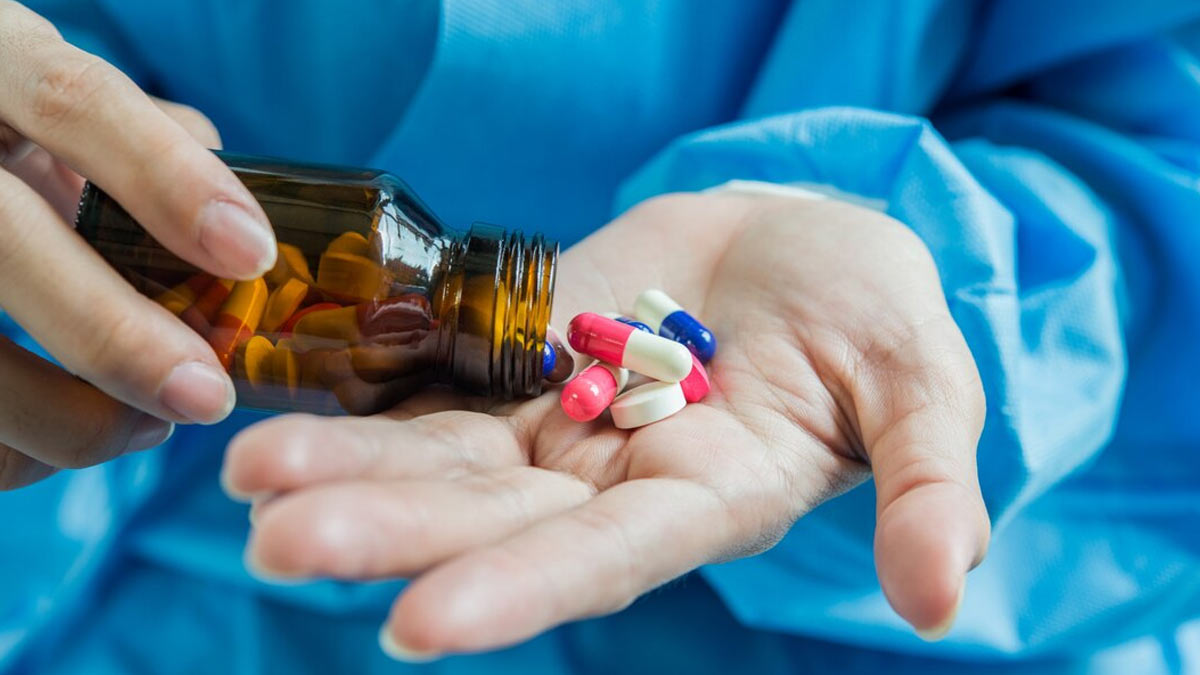
From effectively combating bacterial infections to saving countless lives, antibiotics fight various types of bacterial infection. However, like any powerful medicine, antibiotics must be used judiciously. Antibiotic overdose can lead to a number of side effects that can have serious consequences on an individual's health.
Table of Content:-
The Mechanism of Antibiotics
Antibiotics work by targeting and killing bacteria, halting their growth, or disrupting their vital processes. While they are highly effective in treating infections when used correctly, overusing or misusing antibiotics can disrupt the body's natural balance and lead to adverse effects.
The Side Effects of Antibiotic Overdose
Gastrointestinal Distress
According to Dr Seema Dhir, senior consultant, internal medicine at Artemis Hospitals, one of the most common side effects of antibiotic overdose is gastrointestinal issues. These include nausea, vomiting, diarrhea, and abdominal pain. Overdosing on antibiotics can disrupt the balance of gut bacteria, leading to these unpleasant symptoms.

Allergic Reactions
Antibiotics can trigger allergic reactions in some individuals. An overdose can increase the risk of severe allergic reactions such as hives, itching, swelling, and, in extreme cases, anaphylaxis. It is vital to be aware of any known allergies to specific antibiotics and consult a healthcare professional before taking them.
Antibiotic Resistance
Overdosing on antibiotics or taking them when they are not needed can contribute to the development of antibiotic-resistant bacteria. This poses a significant threat to public health, as antibiotic-resistant infections are more challenging to treat and can be life-threatening.
It Can Damage Your Organ
Some antibiotics, particularly when taken in excess, can harm vital organs, such as the kidneys and liver. These antibiotics are metabolised in the liver and excreted by the kidneys. Overdosing may overload these organs, potentially leading to long-term damage.
Central Nervous System Effects
Certain antibiotics, when taken in high doses, can lead to neurological symptoms like confusion, hallucinations, and seizures. These effects are more common with specific antibiotics and often occur in cases of overdose.
“Any medicine, including antibiotics, can cause allergic reactions. Some reactions are moderate, while others are severe and necessitate emergency medical attention. If you are also allergic to a specific medication, you will feel symptoms shortly after taking it. These reactions can include difficulty breathing, hives, and swelling of the tongue and neck. If you experience any of these adverse reactions, you should go to the emergency room right away,” said Dr Dhir.
Preventing Antibiotic Overdose
The best way to prevent the side effects of antibiotic overdose is through responsible antibiotic use:
- Always take antibiotics as prescribed by a healthcare professional. Do not skip doses or stop taking them before the prescribed duration, even if symptoms improve.
- Do not share antibiotics with others, as the same antibiotic may not be suitable for different infections.
- Inform your healthcare provider of any allergies or adverse reactions to antibiotics you have experienced in the past.
- If you suspect an overdose, seek medical attention immediately.
Antibiotics are a potent tool in fighting bacterial infections, but their misuse can lead to a range of severe side effects. Responsible antibiotic use is essential to prevent antibiotic overdose, antibiotic resistance, and the potential harm to vital organs and overall health. Always follow medical advice and complete the full course of antibiotics to ensure effective and safe treatment.
Also watch this video
How we keep this article up to date:
We work with experts and keep a close eye on the latest in health and wellness. Whenever there is a new research or helpful information, we update our articles with accurate and useful advice.
Current Version